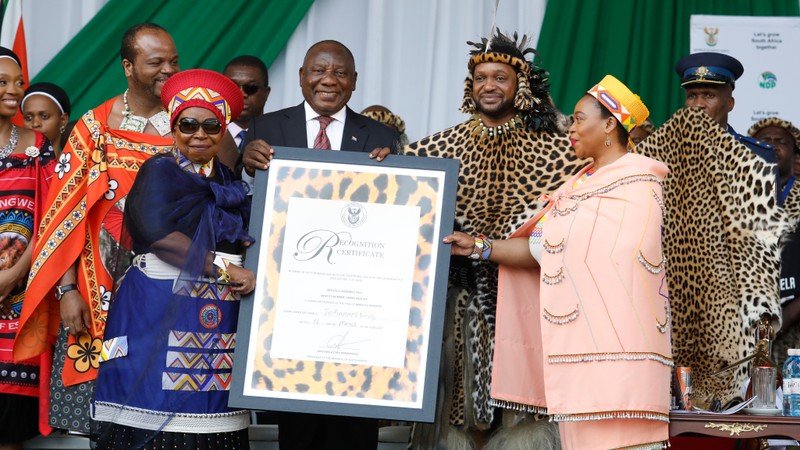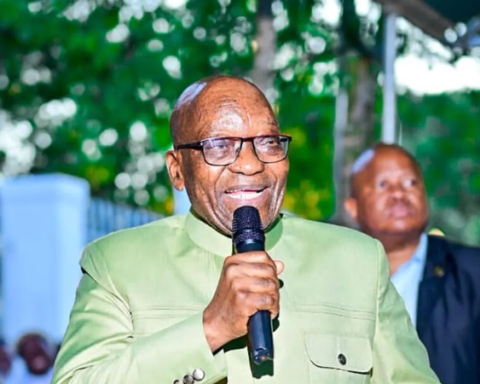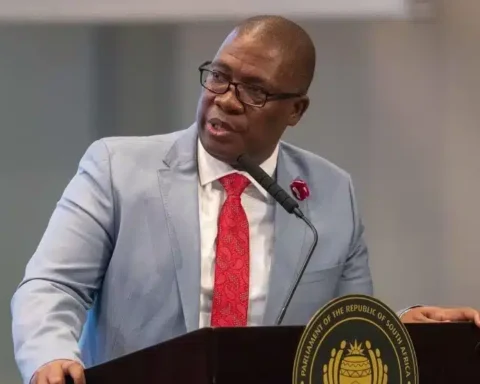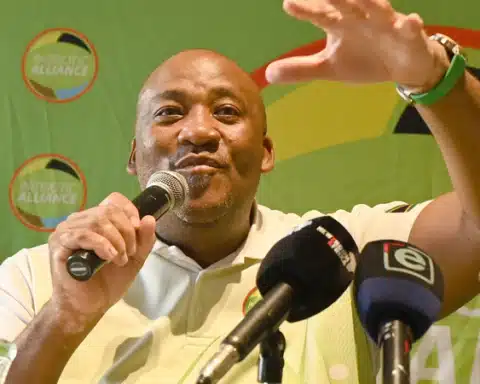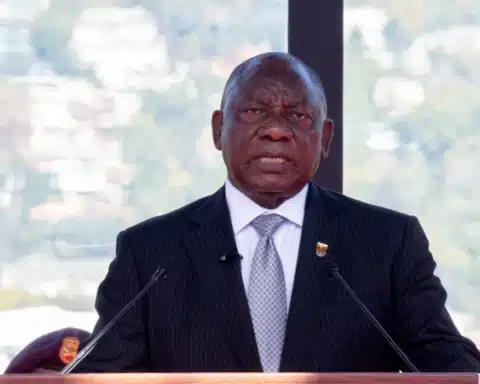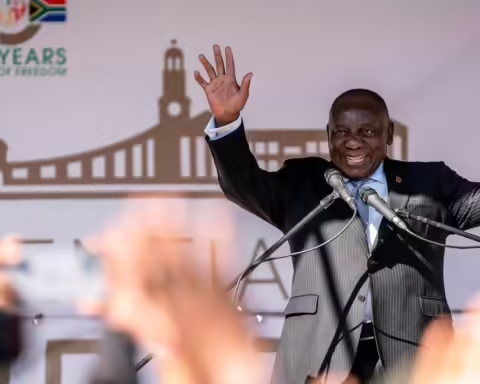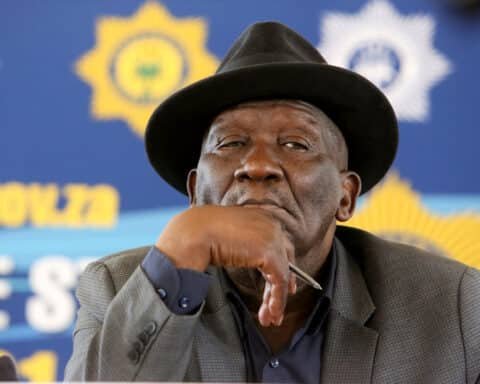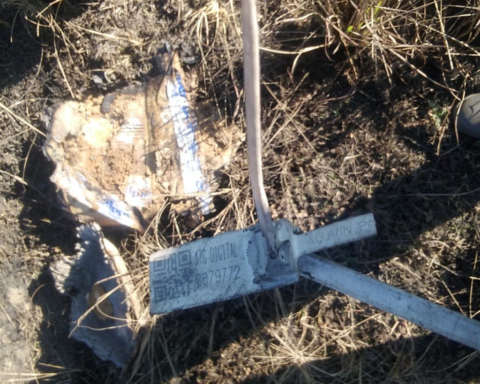South African President Cyril Ramaphosa has announced his intention to apply for leave to appeal a recent ruling by the North Gauteng High Court in Pretoria. The court had set aside his recognition of Zulu King Misuzulu, declaring it unlawful and invalid.
The ruling, delivered by Judge Norman Davis on Monday, found that President Ramaphosa had failed to follow due process in accordance with the Traditional and Khoi-San Leadership Act 3 of 2019, also known as the Leadership Act. Specifically, Ramaphosa was criticized for not establishing an investigative committee when a dispute over the Zulu throne arose.
In response to the court’s decision, Judge Davis issued a cost order against President Ramaphosa and ordered him to appoint an investigative committee in compliance with the Leadership Act. This committee is expected to conduct an investigation into allegations that the identification of King Misuzulu did not adhere to customary laws and customs.
Vincent Magwenya, the spokesperson for the Presidency, confirmed that President Ramaphosa had carefully reviewed the judgment and had now decided to file for leave to appeal. Magwenya also stressed that, throughout the legal process, King Misuzulu remains the identified heir to the throne.
In his statement, President Ramaphosa called upon all members of the Royal family to prioritize the unity of ubukhosi bakwaZulu (Zulu monarchy) and the interests of King Misuzulu’s subjects. He emphasized the importance of allowing due processes to reach their natural conclusion without escalating tensions.
Furthermore, the court clarified that its primary focus was not to determine the rightful king of the AmaZulu but to address the legal aspects of the case. The court’s decision did not make a determination on the king’s legitimacy based on Zulu customs. Judge Davis also noted that a previous judgment by Acting KZN Judge President Isaac Madondo in February 2022 had already addressed this aspect in the KZN High Court in Pietermaritzburg.
The case has garnered significant attention in South Africa, as it involves both legal and cultural considerations related to traditional leadership and customary laws. President Ramaphosa’s decision to appeal the ruling will likely extend the legal process and continue to be a topic of public interest.
